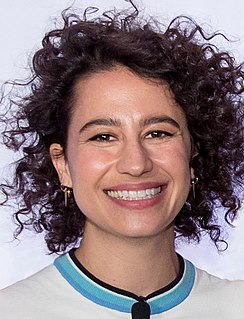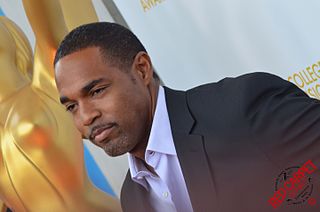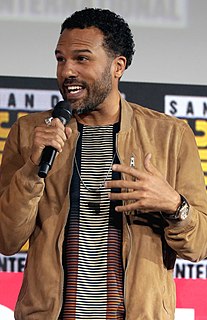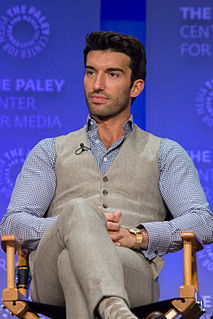A Quote by Ilana Glazer
I feel like a feminist is gender equality.
Related Quotes
Radical feminist theorists do not seek to make gender a bit more flexible, but to eliminate it. They are gender abolitionists, and understand gender to provide the framework and rationale for male dominance. In the radical feminist approach, masculinity is the behaviour of the male ruling class and femininity is the behaviour of the subordinate class of women. Thus gender can have no place in the egalitarian future that feminism aims to create.
I can't really speak to what it was like to call yourself a feminist in the past on a personal level but I think calling oneself a feminist in the past may have been inimical because feminists in the '70s were the first to really challenge deeply embedded gender roles and demand concrete political and economic rights. They were asking for rights that seemed like a direct threat to those in power - they were asking for equality in a society that didn't have it in an obvious way. They were put down and villainized because they were seen as threatening.
U.N. Women was created due to the acknowledgement that gender equality and women's empowerment was still, despite progress, far from what it should be. Transforming political will and decisions, such as the Member States creating U.N. Women, into concrete steps towards gender equality and women's empowerment, I think is one of the main challenges.
From what I understand from talking with older friends and feminists, I think that once I enter the workforce and start to think about marriage and having children, my gender will probably eclipse my feminist identity in terms of marginalization. Discrimination in terms of hiring and in the workplace are still real according to statistics. I also think, as a feminist, figuring out what a relationship based on true and complete equality is will be a challenge. But hopefully by the time I'm dealing with those issues feminists will have made great progress in all of those areas.


































